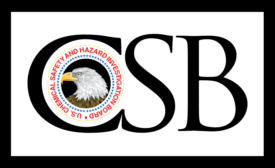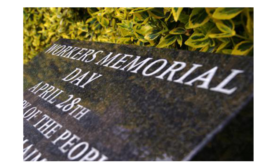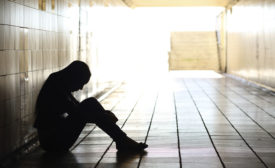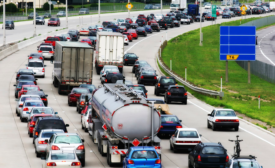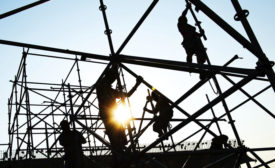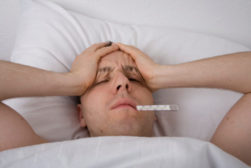Featured on Home Page
Gearing up for Stand-Down
Stand-Down to Prevent Falls in Construction set for May 8-12
April 7, 2017
A NIOSH Science Blog post
The OSHN: Empowering and optimizing prevention decision-making
April 6, 2017
Cold symptoms feel worse when people feel lonely
Quality, not quantity, of relationships makes a difference
April 6, 2017
Become a Leader in Safety Culture
Build your knowledge with ISHN, covering key safety, health and industrial hygiene news, products, and trends.
JOIN TODAYCopyright ©2025. All Rights Reserved BNP Media.
Design, CMS, Hosting & Web Development :: ePublishing
